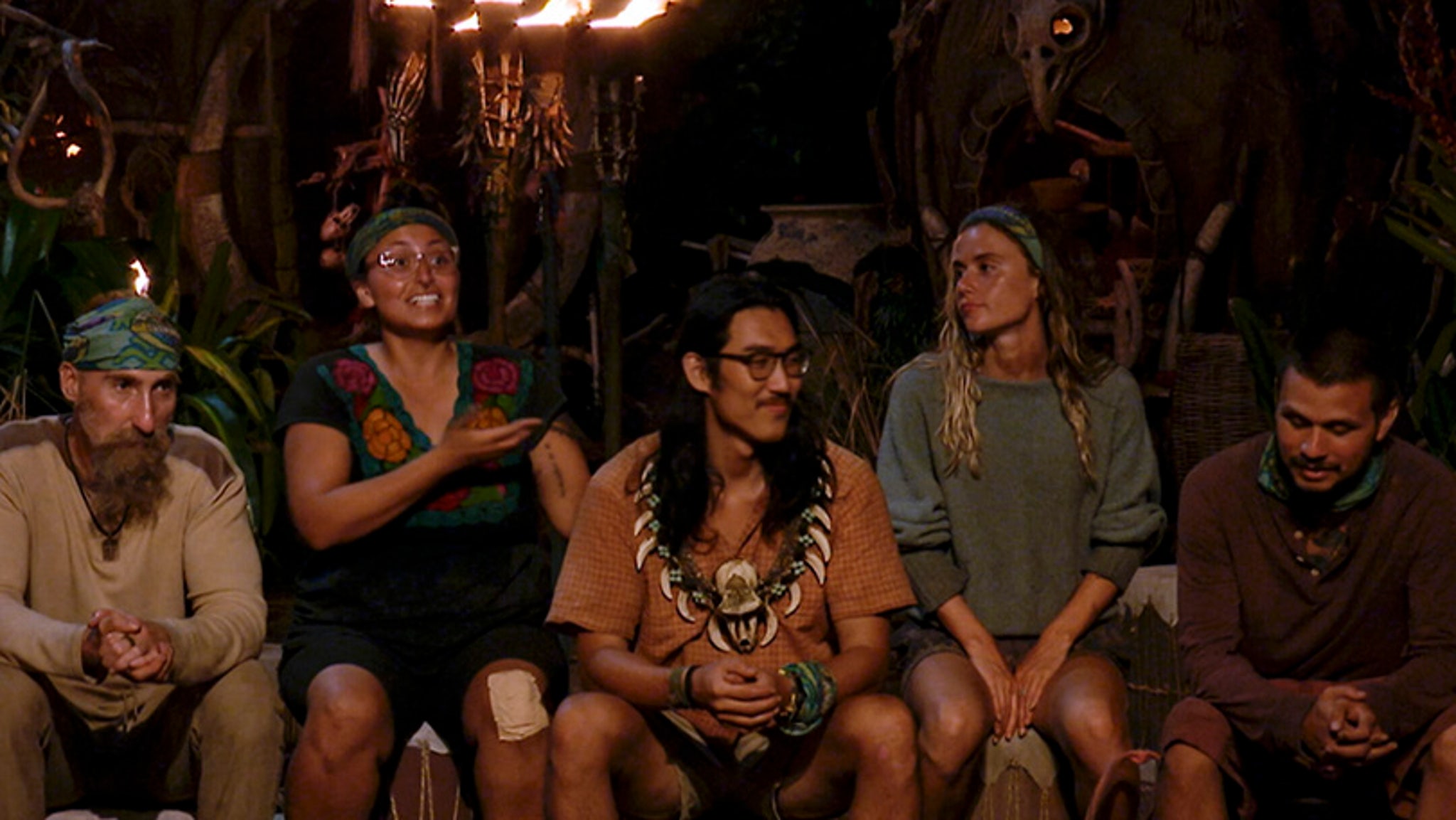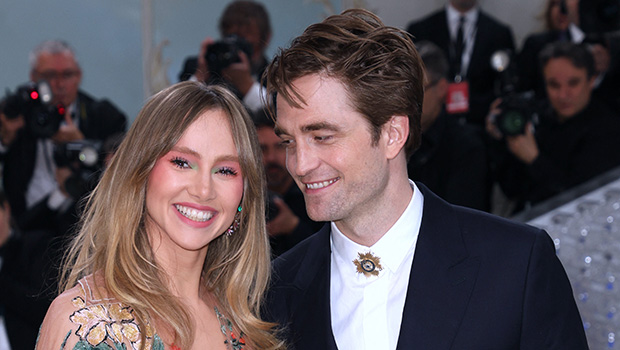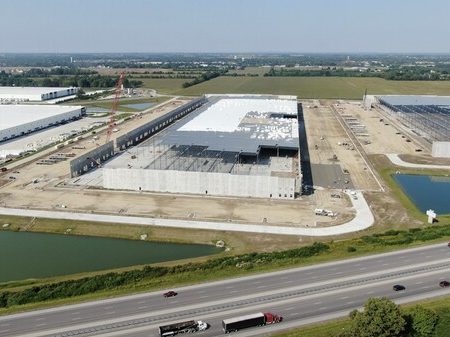It is a cliché, but true, to say that war is an ugly affair. Which does not mean that there are no good moral and economic arguments for defensive wars. The world is not only inhabited by noble savages. But just as international thugs must be dissuaded from waging aggressive wars, soldiers on all sides must be dissuaded from committing gratuitous atrocities. It is clearly a sign of civilization that some of those have come to be be considered war crimes by international conventions and domestic laws since the 19th century. I take “civilization” in this context to mean a general recognition of a minimum respect for each human individual and of rules to that effect.
The government of Australia just charged one of its soldiers with war crimes when he was deployed in Afghanistan, and more charges may be coming (“Australia Charges Soldier Deployed to Afghanistan With War Crime,” Wall Street Journal, March 20, 2023):
The charge, which carries a maximum sentence of life in prison, follows a 2020 government inquiry that found credible information that Australian special forces were responsible for the unlawful killing of 39 prisoners, farmers and other civilians.
The recognition of war crimes also reminds us of an important legal-individualist principle: even a soldier cannot hide behind the collective to commit crimes. During the 1968 My Lai massacre in Vietnam, as many as 500 unarmed civilians including women and children were killed. Rapes were committed too. No Viet Cong combatants were in the area. The very few heroes in this story include Warrant Officer Hugh Thompson and his two men. The Encyclopedia Britannica writes:
As the massacre was taking place, Warrant Officer Hugh Thompson was flying a scout helicopter at low altitude above My Lai. Observing wounded civilians, he marked their locations with smoke grenades and radioed for troops on the ground to proceed to those positions to administer medical aid. After refueling, Thompson returned to My Lai only to see that the wounded civilians subsequently had been killed. Spotting a squad of U.S. soldiers converging on more than a dozen women and children, Thompson landed his helicopter between the two groups. Thompson’s door gunner, Lawrence Colburn, and his crew chief, Glenn Andreotta, manned their weapons as Thompson hailed other helicopters to join him in ferrying the civilians to safety. In 1998 Thompson, Colburn, and Andreotta (posthumously) were awarded the Soldier’s Medal for acts of extraordinary bravery not involving contact with the enemy.
A few soldiers and officers at My Lai were eventually charged with war crimes, but only Lieut. William Calley, commander of Charlie Company’s 1st Platoon, was found guilty. Many of the others hid behind the collective by claiming that they were following orders. Calley was condemned to life in prison, but was paroled three years later. He tried to defend his actions in a book: John Sack, Lieutenant Calley: His Own Story (Viking Press, 1971).
General Paul Selva more recently declared before a Senate committee: “We take our values to war.” That’s a far cry from what president Donald Trump tweeted before pardoning Army commando Mathew Golsteyn, who had been charged with premeditated murder in Afghanistan. Trump’s tweet of October 12, 2019 read:
The case of Major Mathew Golsteyn is now under review at the White House. Mathew is a highly decorated Green Beret who is being tried for killing a Taliban bombmaker. We train our boys to be killing machines, then prosecute them when they kill!
Conservative Bill Kristol sensibly replied:
No we don’t. And it’s beyond disgusting that an American president would say this about our military.
Civilization is fragile. This idea is omnipresent in the work of economist Friedrich Hayek; my third essay on his trilogy Law, Legislation, and Liberty is forthcoming at Econlib.
Photo taken by United States Army photographer Ronald L. Haeberle on March 16, 1968 in the aftermath of the My Lai massacre and showing mostly women and children dead on a road. Haeberle contributed to revealing the massacre. Source: Wikipedia, with the mention: “This file is a work of a U.S. Army soldier or employee, taken or made as part of that person’s official duties. As a work of the U.S. federal government, it is in the public domain in the United States.”
















